20+ Years Experience
Specialist Business Insolvency Company

Get in Touch Today to Speak to a Specialist Adviser
When it comes to financial solutions, they don’t come much more complex than a CVA.
If you are considering a CVA, there are several pros and cons to be aware of, and your decision should only be taken following careful consideration.
A Company Voluntary Arrangement (CVA) provides an alternative solution for businesses that experience cash flow problems or are insolvent.
The main advantage of this arrangement is that it allows an agreement to be established with creditors to avoid insolvency, while the downside is that trading may be suspended while the agreement is put in place.
To help you make an informed decision, this page will shine a light on all you need to know about CVA in the UK and its advantages and drawbacks.
Let’s get to it and dive into the ups and downs of a CVA.
A CVA carries many advantages, often outweighing the disadvantages of entering one.
While some companies treat them as a fixed period of extra “breathing room” ahead of decisions like a winding up petition or publicly announced insolvency, they can be a powerful way to salvage a nearly insolvent business and pay off creditors.
Here are the advantages of a CVA for a business facing financial difficulties:
When financial difficulties arise, it can be tough to think about shutting down a business that you have worked hard to establish and grow.
With a Company Voluntary Arrangement (CVA), the company can continue to operate and trade with the right guidance, approach, and help.
Directors with extensive knowledge about the company can retain business control throughout the CVA process, which can be a comforting factor.
Working with professional business guidance gives the company a good chance of stabilising and recovering.
After completing the CVA, any remaining unsecured debt can be written off, reducing the debts owed to a manageable level.
This can be a significant relief for directors struggling to repay their debts.
One of the benefits of a CVA is the absence of upfront costs.
Fees are deducted from the first instalment, followed by a percentage of the subsequent payments.
This means that directors can focus on the company’s recovery without the added burden of upfront costs.
CVA freezes the interest on the debts submitted to the arrangement, and the insolvency practitioner handles all creditor pressure.
This allows directors to focus on running the company without worrying about accumulating debts and creditor pressure.
Company directors retain control during the entire process unless they are replaced due to being personally liable for the business’ failure.
In most cases, a director stays in charge during the CVA period, finding ways to adapt their business to pay off creditors and trade their way out of the financial trouble they are in.
Since they already understand the company, they are often the best choice.
The cost of a CVA is much lower than many other insolvency service options.
Since the payments are mostly between existing directors and their creditors (such as creditors that offered onerous supply contracts), money moves through the debtor company, improving its cash flow and allowing it to focus on making money first and foremost.
Employees are also not fired, meaning no redundancy payments other than those made redundant due to restructuring.
Unlike many other insolvency procedures, a CVA proposal does not have to be publicly announced.
This means that customers are not informed of these legal actions, meaning they will remain customers instead of leaving as they otherwise might.
Once a CVA is agreed upon, no more legal action can be taken to pursue the business directly.
This means no bailiff visits, no winding up petition attempts, and no frozen bank accounts.
While the business can still terminate the employment of employees as needed, creditors cannot try to force the business to pay up.
For example, creditors that offer supply contracts cannot send bailiffs around to force the company to pay them before the expected date.
The CVA process includes a creditors’ meeting, where creditors vote on whether or not to hold the CVA.
If the creditors vote to accept, no creditors can take legal action against the company. Even if creditors are owed a large portion of the money, those creditors are not allowed to threaten the company into paying them back – even priority creditors cannot do this.
Note that no more than 50% of unconnected creditors can vote at the creditors’ meeting.
Creditors cannot investigate the director’s conduct (such as ignoring property lease obligations or not treating secured creditors well) or consider them personally liable. At the same time, they are focused on turning the company around.
While creditors can bring these facts up before or after the arrangement, creditors are expected to wait and see if the business can survive rather than causing unnecessary turmoil that may interfere with the CVA.
If a director’s account is overdrawn, payments can be made over time instead of in bulk.
This reduces pressure on directors, ensuring that they focus on paying back creditors rather than making personal guarantees they can never meet.
Any distractions like this could cause a director to make a mistake and accidentally push their company into the insolvency process.
When considering whether a company should enter a CVA UK, it is important to be aware of the potential drawbacks of the arrangement.
A CVA is not necessarily appropriate for all companies, so careful consideration needs to be taken before any steps are taken.
The Disadvantages of a CVA include the following:
The company’s credit rating can be negatively affected by entering into a Company Voluntary Arrangement (CVA).
This can make obtaining credit from new suppliers more challenging and make it harder to renegotiate terms on existing contracts.
Additionally, as part of the overall debt will be written off, it can make cash flow an issue for struggling companies.
For a CVA to be passed, a minimum of 50% of stakeholders and 75% of creditors (by the value of debt) must agree to its terms.
Convincing both groups that a CVA is in their best interests can be difficult, but Begbies Traynor can help.
It’s especially important to persuade any large creditor with a casting vote that the CVA is ‘fit, fair and feasible.’
The duration of a CVA can be between three and five years, which may seem like a lengthy period for some directors and stakeholders who could resist solely on these grounds.
While some may suggest pre-pack administration as a better option, this may not be the case.
A CVA does not bind secured creditors, such as the bank, to the agreement’s terms.
This means that companies are still at risk of administrators being called in, even if they adhere to the CVA.
Check out the differences between CVA and administration for more information.
Deciding to pursue a CVA UK may not always be the right call, as creditors can vote against it.
The risk of creditors’ vote rejection must be considered and weighed against the available paths.
Debtors could reduce loan amounts or negotiate reduced interest payments for this period, allowing them to get back on their feet and avoid bankruptcy.
On the other hand, creditors may disagree with such concessions.
Creditors may be wary about negotiating alternative loan terms due to mistrust of debtors or fears that they might default on what little has been agreed if terms become too flexible.
Suppose an agreement cannot be reached between the debtor and the creditor. In that case, several creditors can team up to reject the proposed CVA, thereby thwarting its approval by a majority vote.
The sheer possibility of Creditor’s Vote Rejection adds another element of complexity and risk to the process. Ultimately, weighing all options carefully before beginning a CVA pursuit is important because success isn’t guaranteed.
If a CVA fails, for example, due to missed repayments, the company may face legal action from its creditors.
It’s crucial to ensure that the terms of the agreement are viable for the company in the long term without putting undue pressure on the directors to make higher payments than the company can afford.
While a Company Voluntary Arrangement can effectively revive a struggling company and restore its profitability, assessing its suitability for your specific circumstances is important.
Business Insolvency Company can provide professional guidance on whether a CVA is appropriate for your company.
Here are some other informative articles about business debt in the UK:

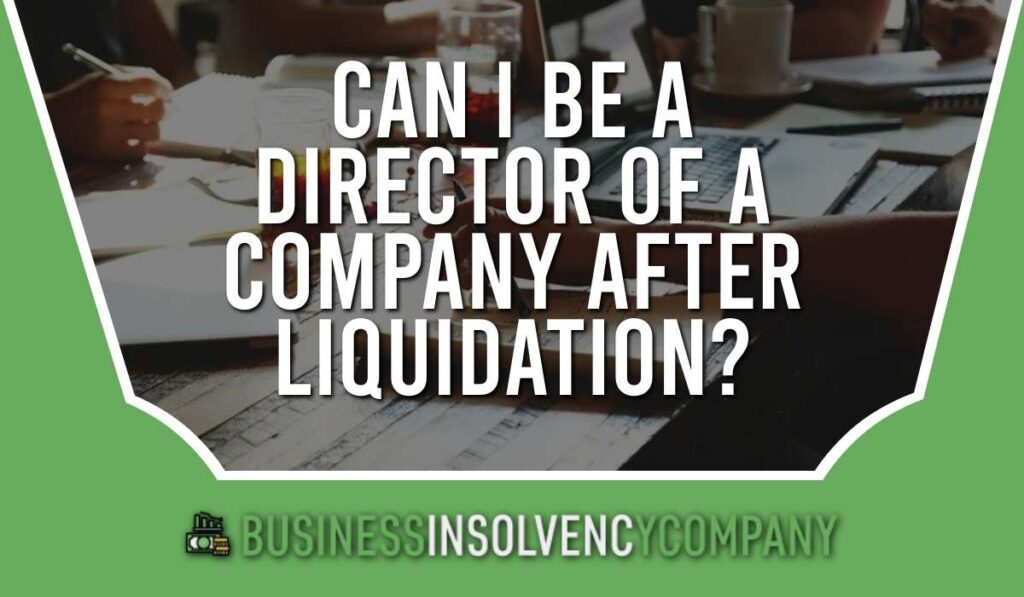


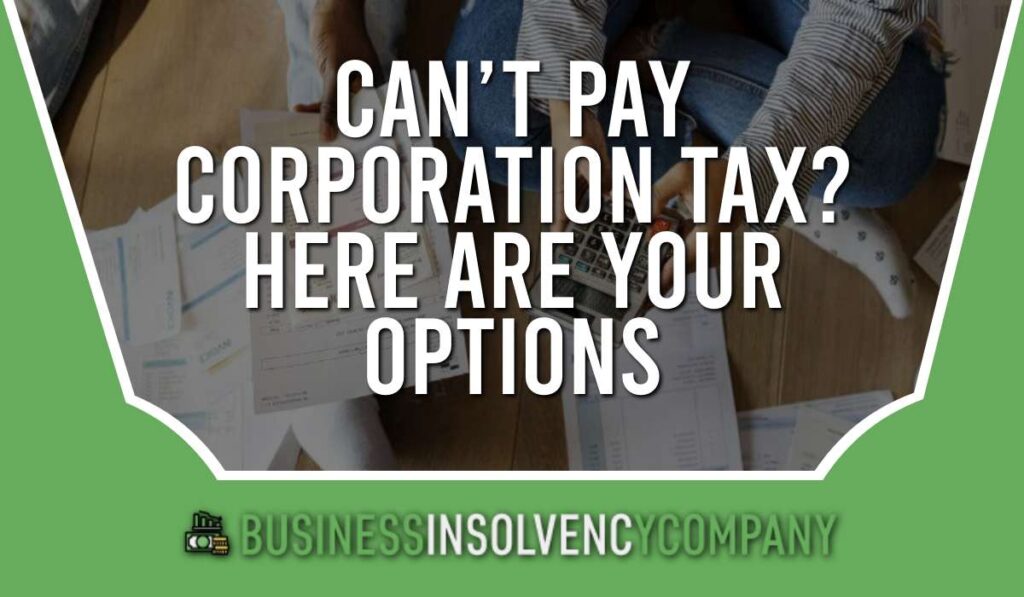

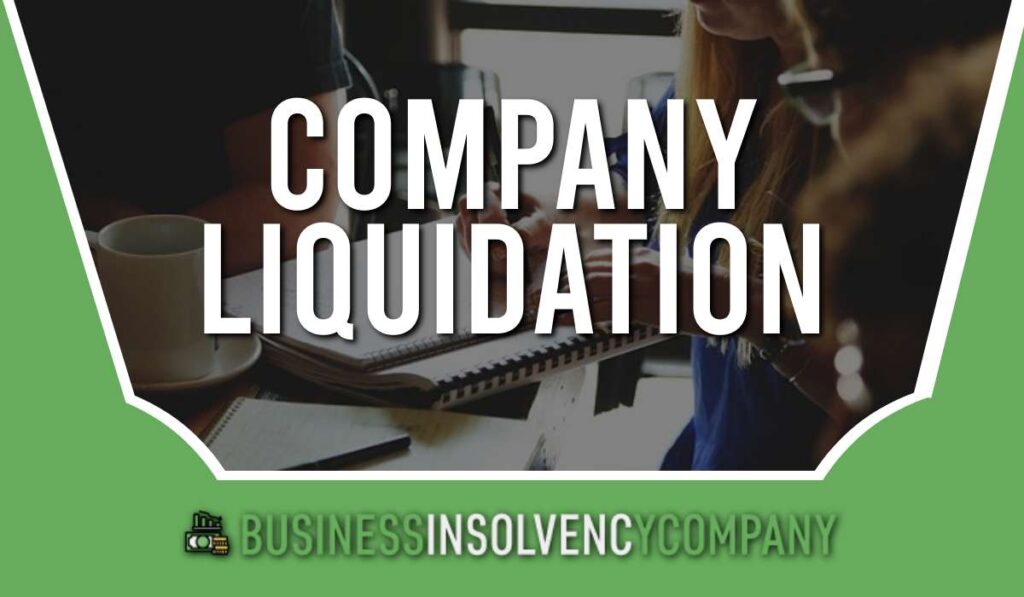
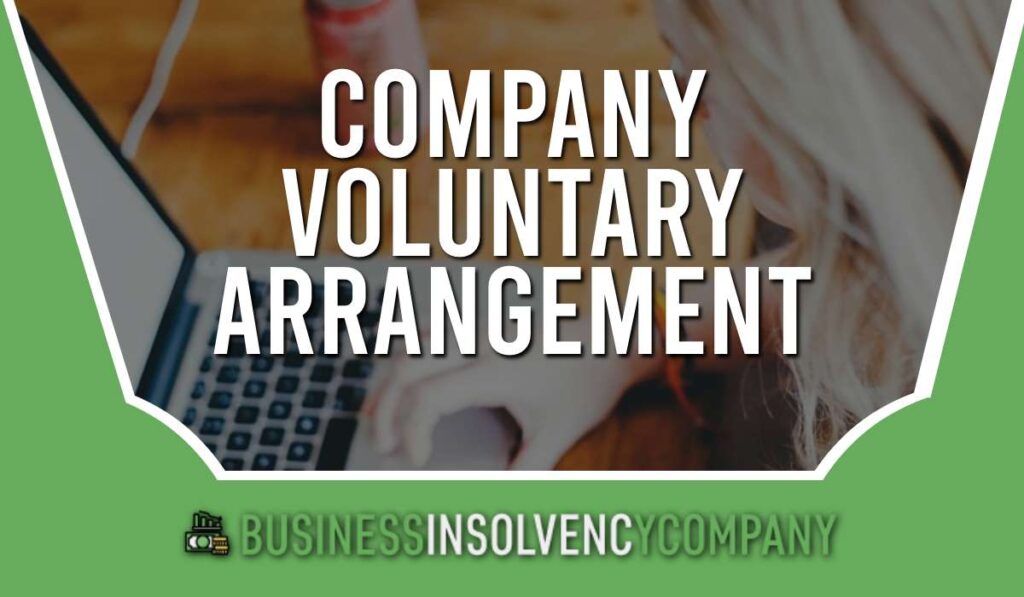

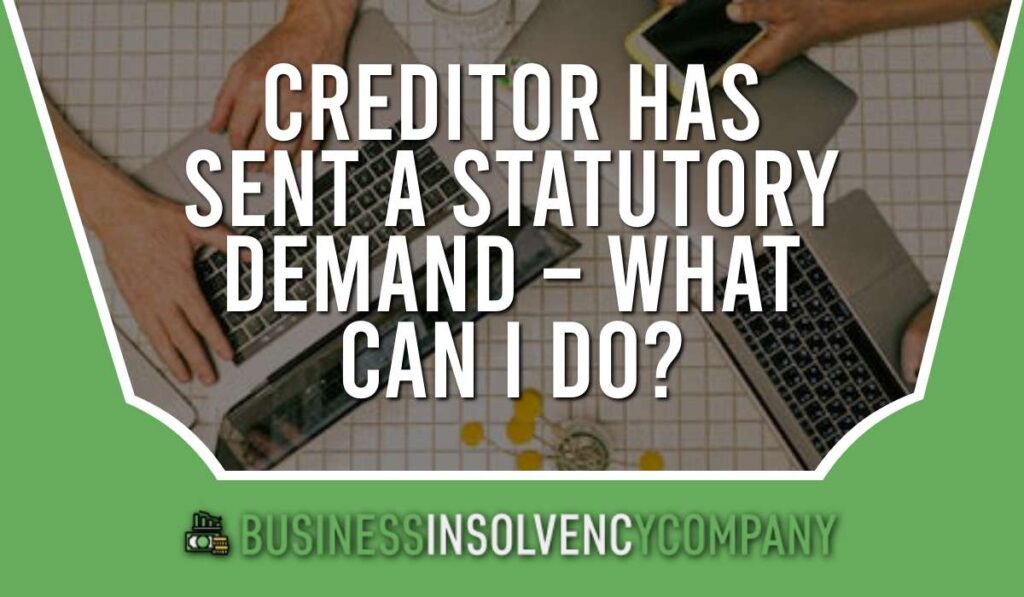
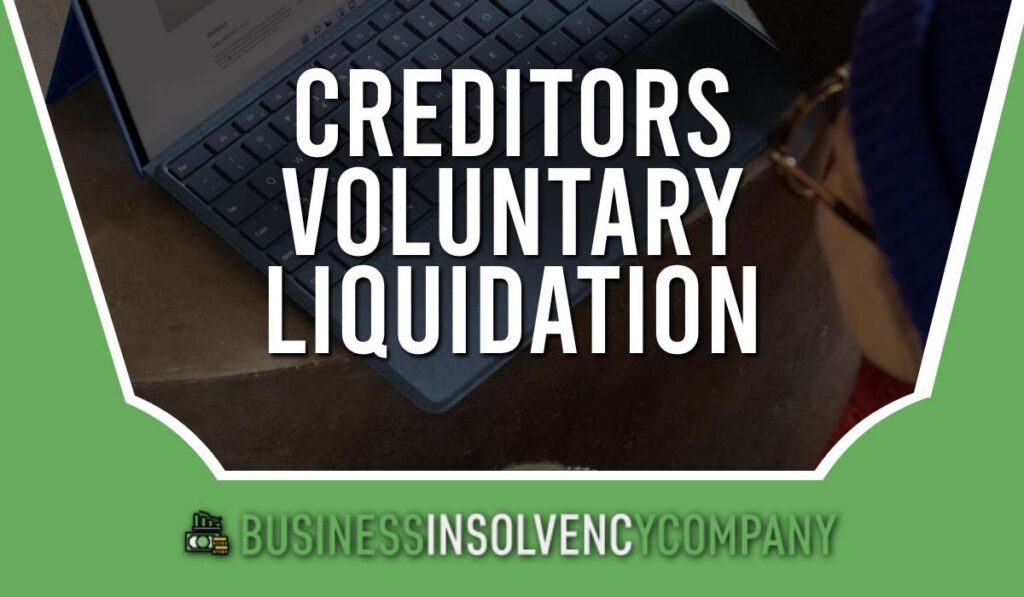
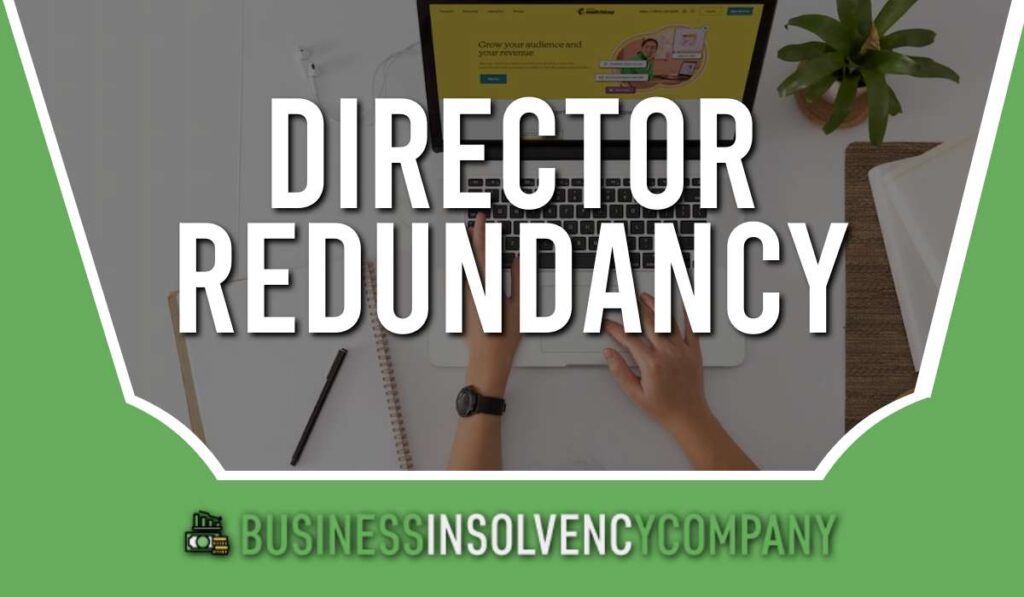
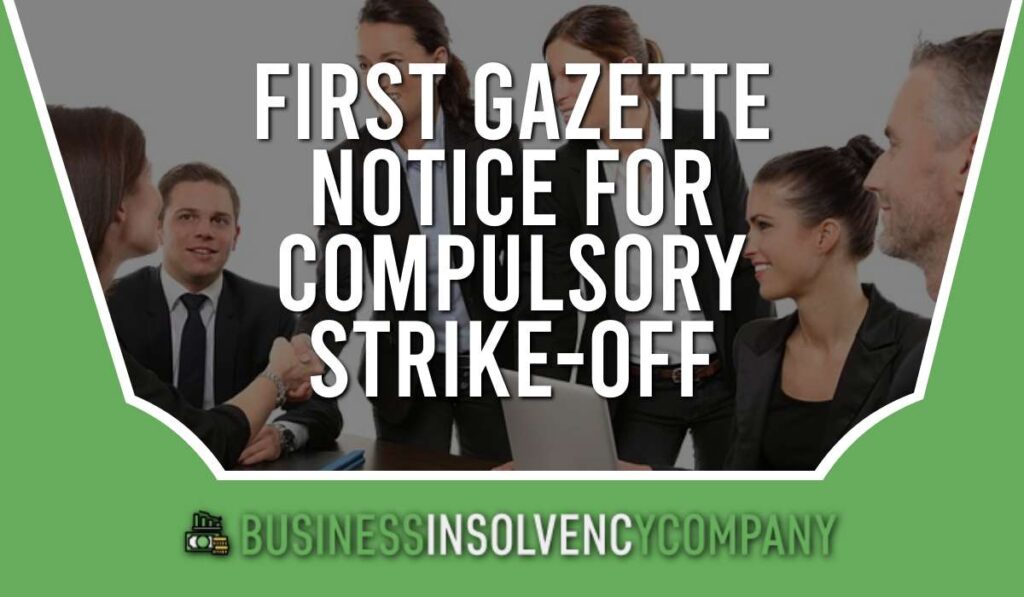
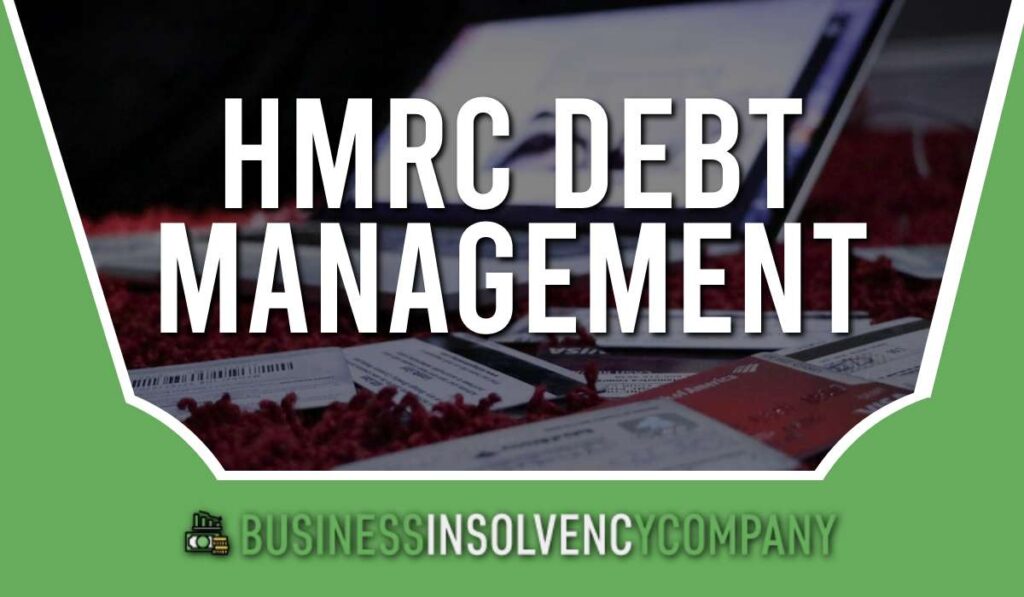

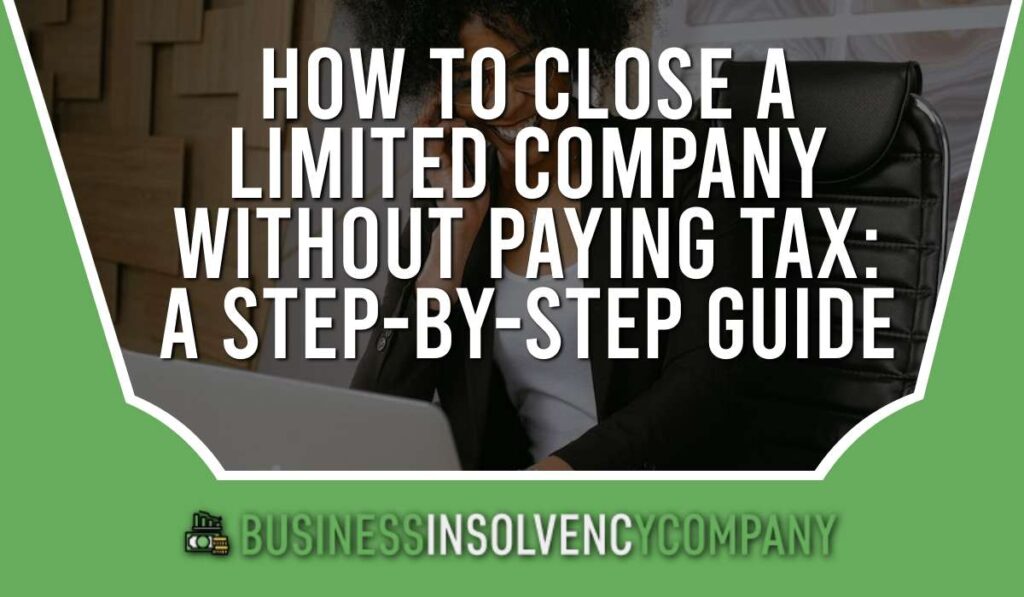
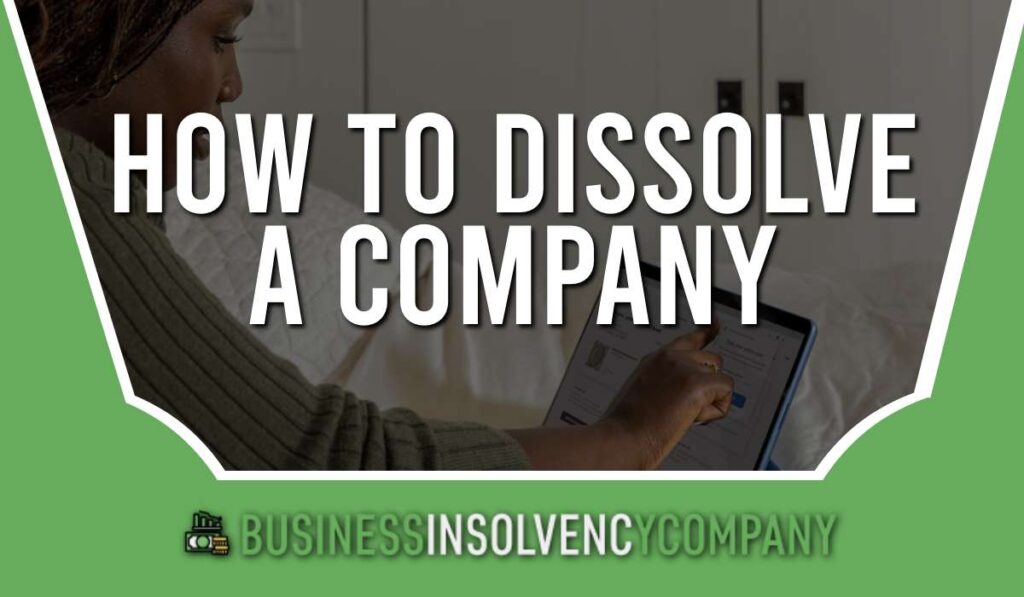



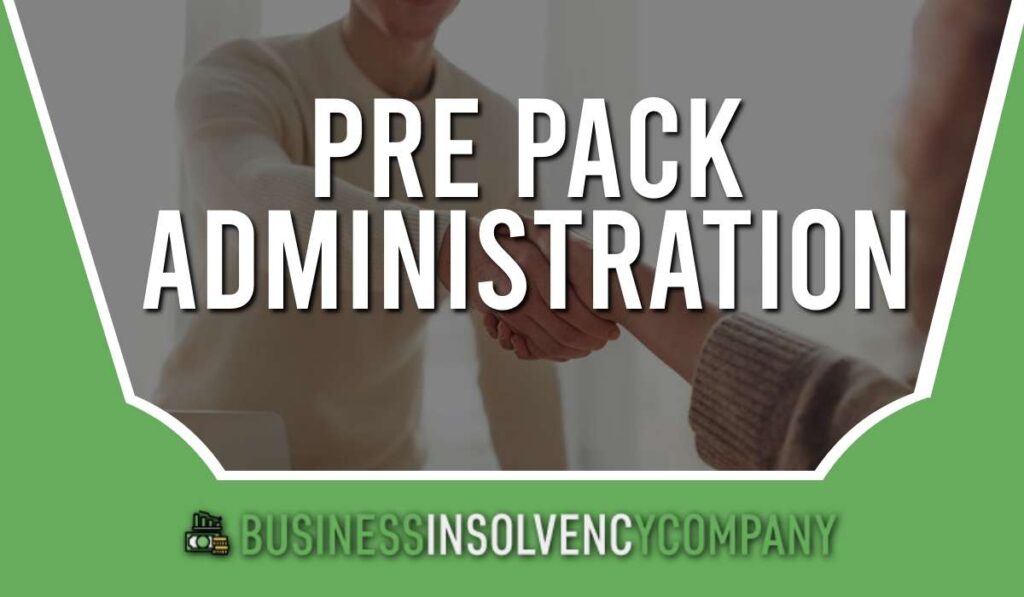





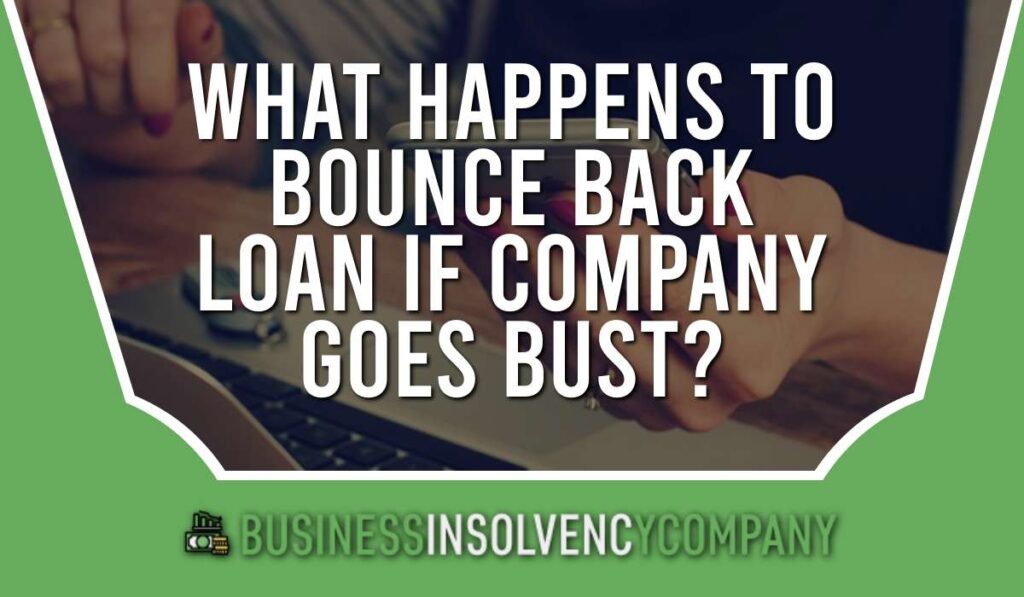
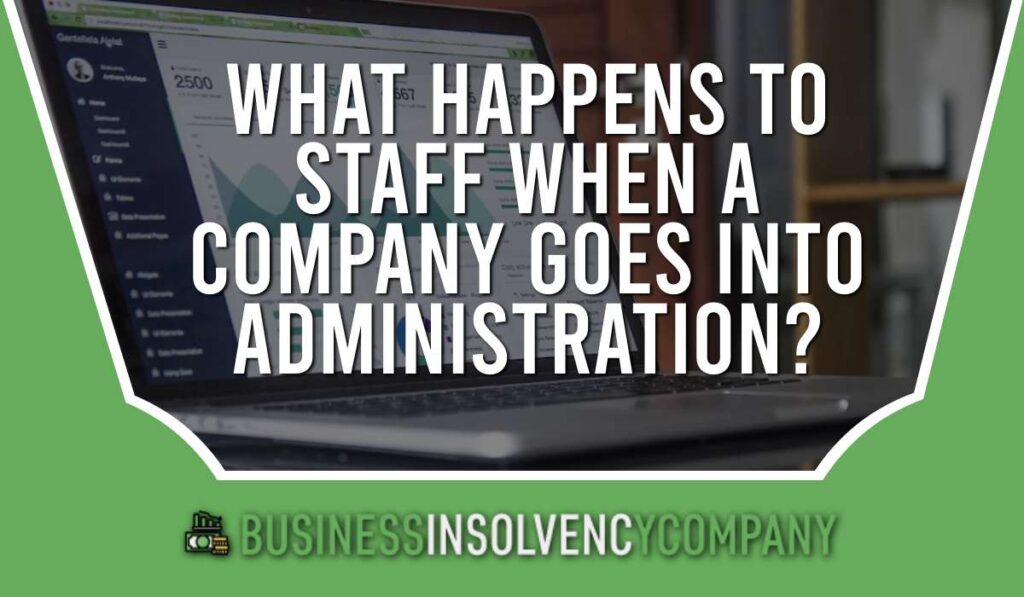

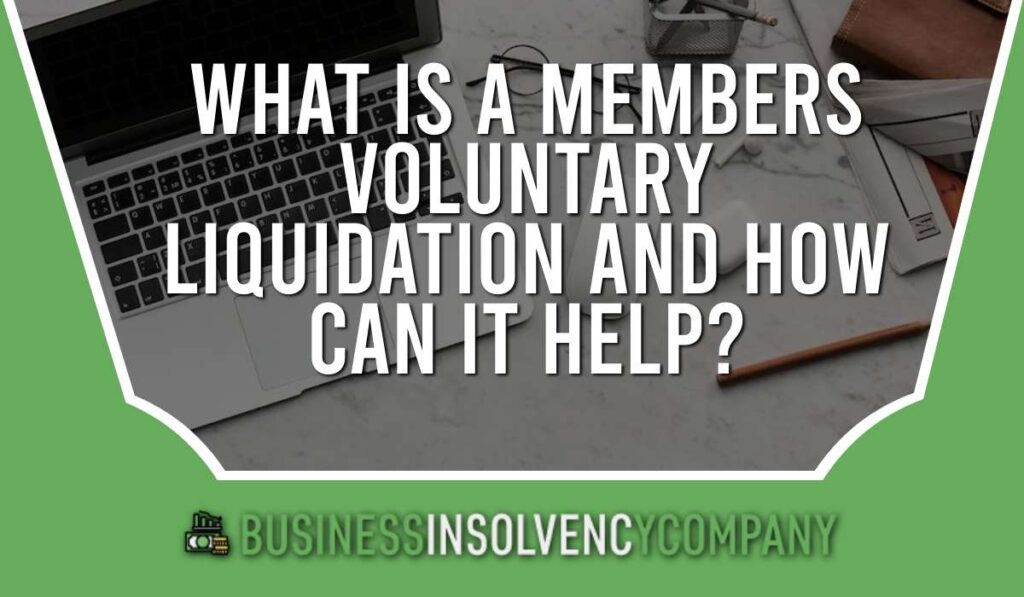

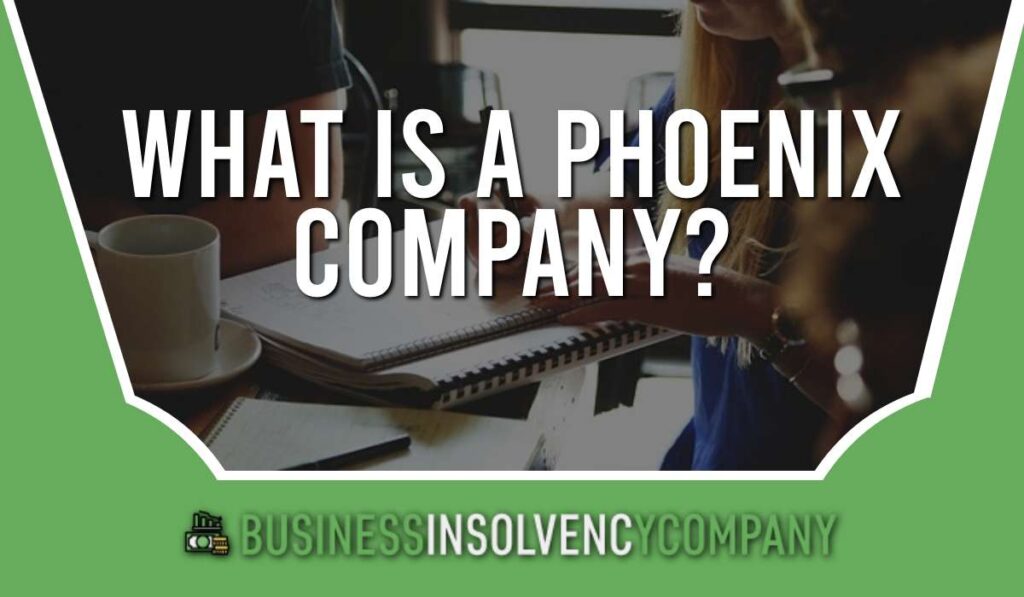

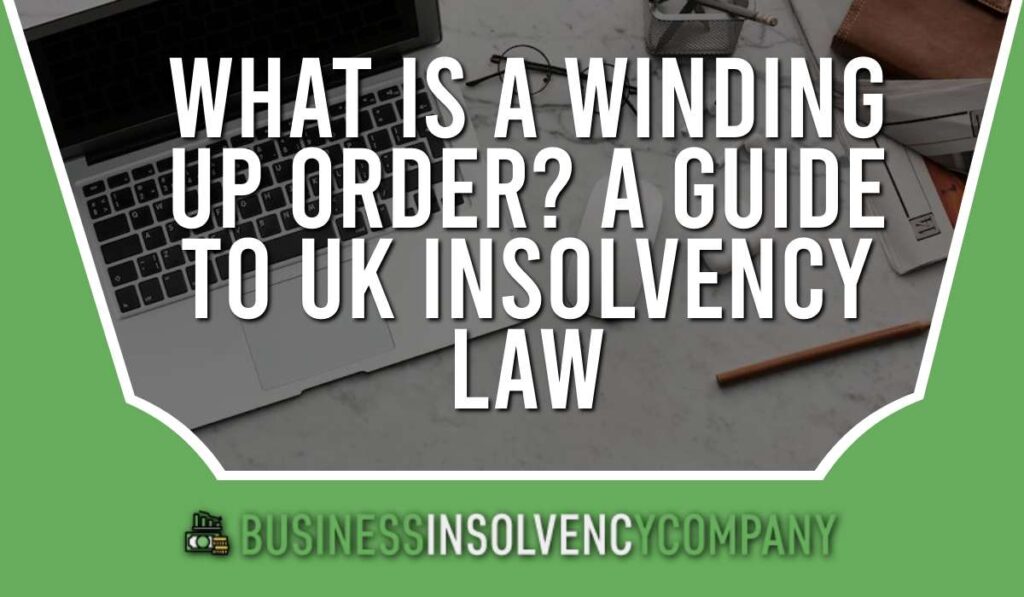




We Aim To Reply To All Enquiries With-in 24-Hours